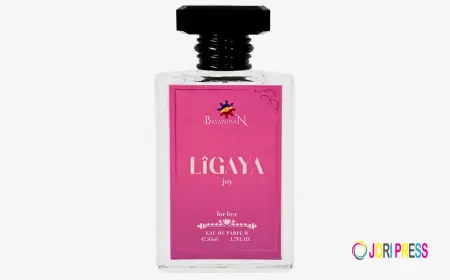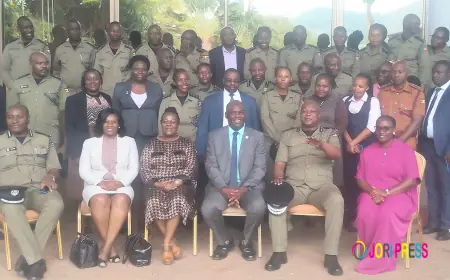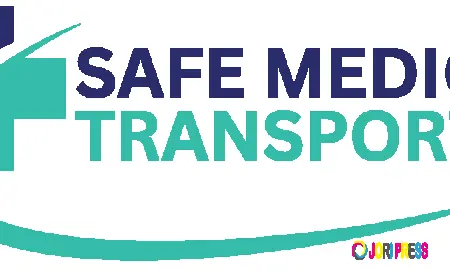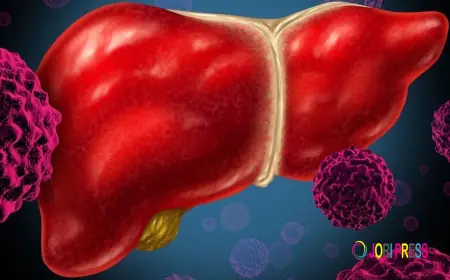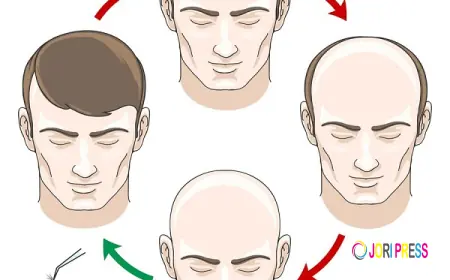From Uganda to Canada: Magoola bags top global science honor


In suburban Toronto last month, applause filled the Unifor Local Hall as Dr. Matthias Magoola, a Ugandan scientist and entrepreneur, walked onto the stage to accept a Lifetime Achievement Award.
For Magoola, the founder of Dei Biopharma Ltd., the honor was more than personal recognition; it was a rare moment of international spotlight for Ugandan science. The award, presented at the 2025 Sankofa Royale Award Gala and Festival by the Canadian and African Women Aid Program (CAWAP), recognized his contributions to pharmaceutical research, innovation, and community impact.
The citation praised his “outstanding work and involvement in our diverse society,” while Rev. Irine Ashu, CAWAP’s founder, described him as “an inspiration whose achievements embody the spirit of Sankofa, honoring the past while building the future.”
Magoola is best known in Uganda as the man behind the Dei Biopharma industrial campus in Matugga, where he is building one of Africa’s most ambitious biological drug and vaccine manufacturing facilities.
For a country that has long depended on imported medicines, his project has been hailed as a potential game changer. A professional chemist, he has filed more than 100 patents with the U.S. Patent and Trademark Office, spanning treatments for cancer, HIV, malaria, kidney disease, and even neurodegenerative disorders like Alzheimer’s.
His work has drawn attention in Silicon Valley and beyond, where he was recently named one of the pharmaceutical CEOs to watch in 2025. Among his most significant achievements is a novel anti-malarial drug, confirmed in U.S. laboratories to be the most efficient ever discovered.
With a U.S. patent secured, it could become the first new malaria treatment in decades. Magoola also developed an mRNA-based COVID-19 vaccine, which remains in storage in U.S. cell banks, and has advanced research into mRNA therapies for kidney failure and cancer.
The U.S. Food and Drug Administration has already reviewed some of his patents, clearing the way for further development.
“This places him among the first scientists in the world to create such products using cutting-edge mRNA technology,” one nomination note read.
Magoola’s work has been honored with the International Molecular Biologist Award, and he was recently inducted into Sigma Xi, the prestigious U.S.-based scientific society whose members have included Albert Einstein and Linus Pauling.
Membership, extended by invitation only, is reserved for scientists whose research has made a global mark. For Magoola, the award in Canada was as much about Uganda as it was about him.
In his acceptance speech, he spoke of building Africa’s capacity to produce its own medicines and reduce reliance on imports.
“We must not always wait for solutions from outside,” he said, calling on the diaspora and international partners to back homegrown innovation.
BEYOND THE HONOR
In Uganda, Magoola remains a polarizing figure, praised by supporters as a visionary but sometimes questioned over the pace and scale of his pharmaceutical projects. Yet the recognition in Canada underscores how his work has entered global scientific conversations at a time when Africa is pushing for greater ownership of its health systems.
The Sankofa gala’s theme— “The Power of Us: Celebrating the Past. Inspiring the Future”— felt apt for a man whose journey stretches from Matugga’s red soils to some of the world’s most advanced labs.
For Uganda, Ma- goola’s award is not just a trophy on a shelf. It is a reminder that the fight against malaria, HIV, and other diseases may yet have a distinctly African answer.
What's Your Reaction?
 Like
0
Like
0
 Dislike
0
Dislike
0
 Love
0
Love
0
 Funny
0
Funny
0
 Angry
0
Angry
0
 Sad
0
Sad
0
 Wow
0
Wow
0





